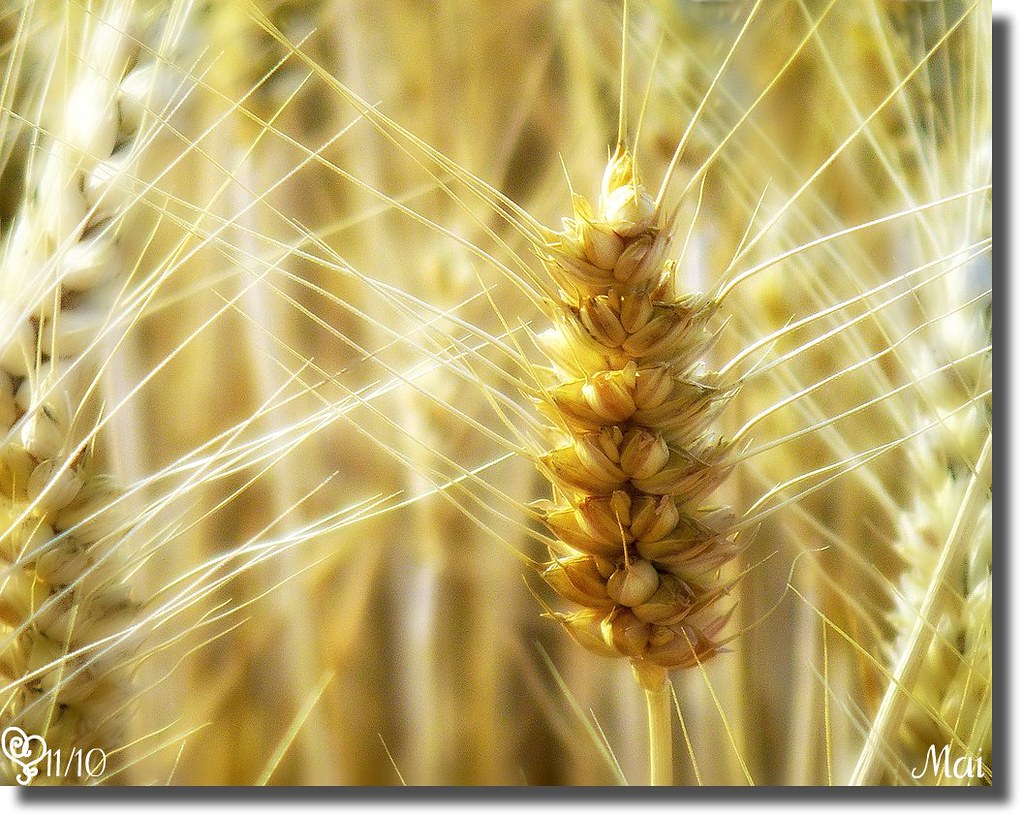But the Menorah, its nine slots for candles, and the box of 45 candles beckoned me.
The light mesmerizes. Even as a private ritual, the lighting of the lights and the utterance of "Blessed are you Lord God, king of the universe..." opens the heart to so much. How many blessing can I murmer that start with the simple phrase, a profession of faith?
Christianity has its own candles this time of year, but they are unfamiliar to me. We're down home church people, not given to liturgy or the lighting of candles. So, of course, I was curious.
Christianity has its own candles this time of year, but they are unfamiliar to me. We're down home church people, not given to liturgy or the lighting of candles. So, of course, I was curious.
The first night of advent, I sat in a Catholic church. The first of the candles of advent stood waiting in its giant stand. The candle of hope.
It's not too hard to imagine the shadows of oppression the hung over the land of Israel when the prophecies ceased. The world held its breath in expectation that something had to change, that a savior must come . . . and soon.
The second candle of advent (that wonderful word that carries with it the anticipation) is the candle of love. For me, I know, it's a good reminder that, even as I prepare to give as generously as I can to the people I love, there is something about Christmas season that makes it hard to love all the time. The kids are brats, the lines at the store are too long, other drivers on the road are erratic and impatient. And yet, we are called to love. Jesus, when he came, did not love us only when we sat still and behaved. He love us. No. Matter. What.
Week 3 is the shepherds' candles, the candle of joy. We look for joy in the light in our children's eyes as they hang their traditional ornaments on the tree, in the face of a friend when we sip tea and prayer for each other's children. But are we seeing joy . . . or simply a moment of happiness? When the shepherds left their flocks, it was a real life changer, not just a short-term distration.
Next comes the candle of peace, also called the angels' candle. "Glory to God in the highest. Peace on Earth. Good will among men." At that moment in time, it was more than a wish. It was the truth. Glory, peace, and good will had made their entrance.
And at last, after a month of anticiaption, the Christ candle. There is so much to say about what this white candle and the light it brings in the midst of the other means.
I have all year to unpack the meaning hidden in the center light. I know it won't be enough time.
Next comes the candle of peace, also called the angels' candle. "Glory to God in the highest. Peace on Earth. Good will among men." At that moment in time, it was more than a wish. It was the truth. Glory, peace, and good will had made their entrance.
And at last, after a month of anticiaption, the Christ candle. There is so much to say about what this white candle and the light it brings in the midst of the other means.
I have all year to unpack the meaning hidden in the center light. I know it won't be enough time.









